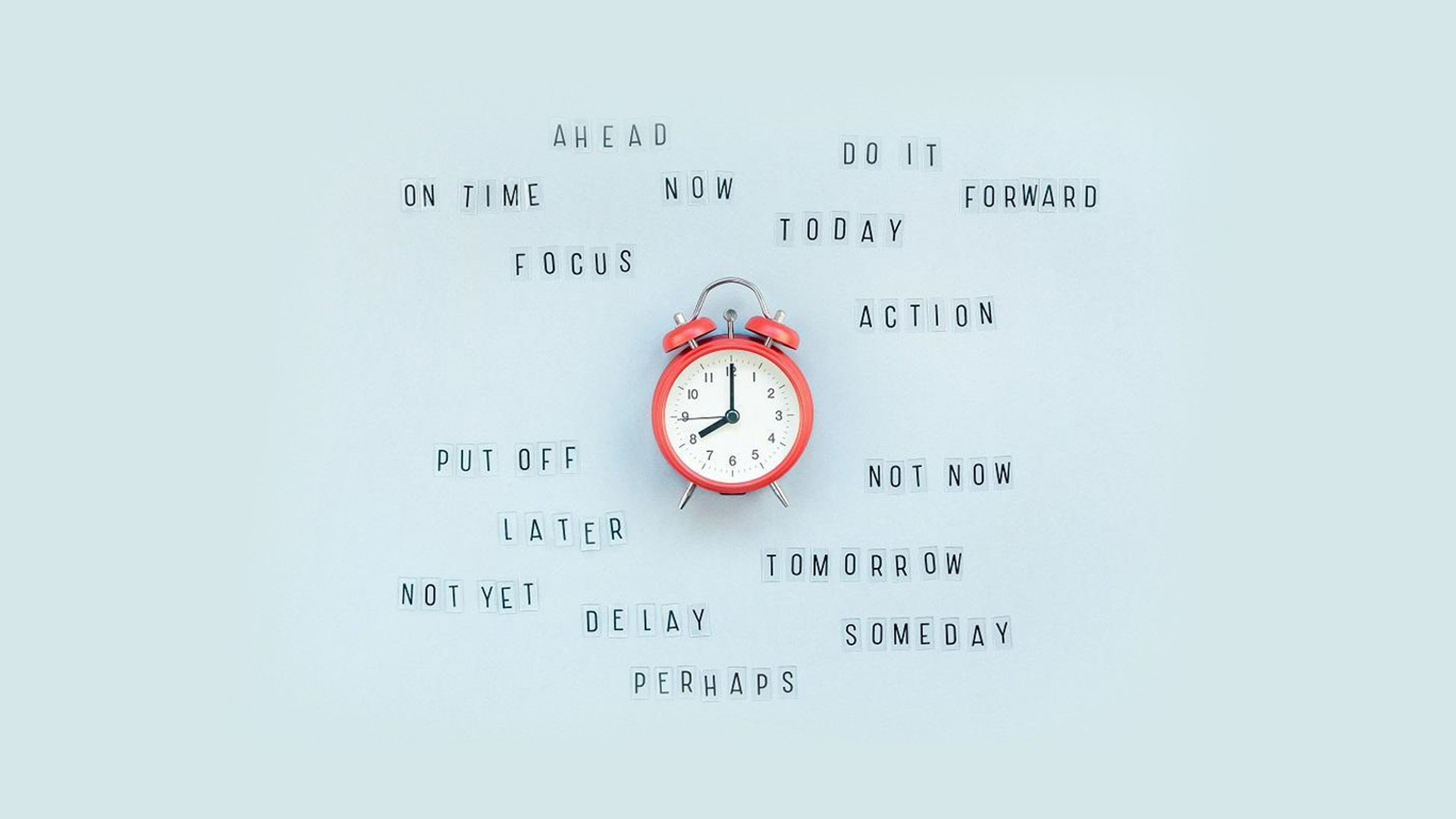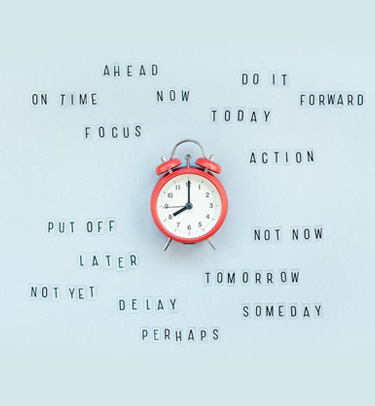It is the night before the submission of an assignment, and you are frantically attempting to finish the last bit of work while battling the onset of regret that you feel for putting off your task until the last minute. If this sounds familiar, you are not alone. In fact, research suggests that 80 – 95% of students succumb to procrastination to some extent, and procrastination often accounts for a third of their daily activities. Procrastination is the act of ignoring important tasks actively and unnecessarily.
Why People Procrastinate
There are several reasons why we fall into the trap of procrastination. For some students, it stems from perfectionism, which often drives these individuals to set unrealistic standards for themselves. As a result, they may feel they can never complete a task to their satisfaction, so they put it off indefinitely. Others may simply be trying to avoid a task they find unpleasant or challenging. But how exactly does procrastination affect us?
How Procrastination Affects Us Personally and Professionally
Firstly, when critical tasks are delayed, deadlines can be missed. Students who delay studying for tests are also likely to end up ill-prepared. Consequently, these contribute to poor academic performance and missed or ruined career opportunities when students progress to the workplace. To aggravate the situation, individuals who procrastinate are more likely to struggle with stress and poor sleep. With how physically and mentally damaging procrastination can be, it is crucial to overcome procrastination. Fortunately, there are simple strategies that you can adopt.
Strategies to Combat Procrastination
1. Have a Task List
Having a task list can be a good way to overcome procrastination. By having a list that identifies what needs to be accomplished in order of priority, it helps you prioritise your tasks while eliminating the task selection process, allowing you to get started immediately. Additionally, it ensures that you are working effectively and that assignments can be completed promptly, preventing the undesirable outcomes of a missed deadline.
Another tip is to mark tasks off your list upon completion. When you can see your progress, it serves to motivate you to keep going. Most importantly, make use of the overview you have of all your tasks to plan your workload and time. By adopting a more organised and systematic approach to working, it can alleviate anxieties that are stopping you.
2. Set Goals
Even with a task list, some of us may still slip into procrastination when our lists are populated with tasks that are too large and complicated. So how do you overcome inertia in such cases? An effective method is to set small goals using the SMART framework:
- S (specific): Clear goals empower you to take concrete steps and focus your efforts more effectively, increasing the chances of successfully achieving your objectives.
- M (measurable): When your goals can be tracked, seeing your progress can motivate you to finish your tasks.
- A (attainable): Attainable goals are more realistic and often entail breaking down bigger tasks into smaller, more manageable steps. This prevents you from feeling overwhelmed.
- R (relevant): Relevant goals are aligned with your general sense of direction in life, giving you a stronger reason and drive to achieve them.
- T (time-bound): Deadlines stop you from dedicating too much time to each task. With improved time management, you will benefit from a productivity boost and can better complete your work on time.
By taking these steps alongside drafting a task list, you will be able to overcome procrastination more effectively.
3. Create an Environment That Discourages Procrastination
Ever experienced getting side-tracked just when you are about to study and realise, to your horror, that an hour has passed, and nothing has been accomplished? A distracting environment is another frustrating factor that fuels procrastination. Thus, it is also crucial to eliminate environmental distractions if you want to break out of the cycle of procrastination. Individuals sensitive to noise may find it easier to work when they listen to their favourite songs. For others, revising in a quiet space, such as a study room, may be more helpful. If you often scroll through social media mindlessly, you may consider turning off your phone. Alternatively, you can get a family member or friend to keep your device until you have completed your work.
At PSB Academy, we endeavour to support our students on their educational journey with the quality education and facilities. That is why our campuses in Singapore are built with campus-wide wireless internet access and many comfortable open study areas so students can easily access a conducive space whenever they need it. Schedule a visit to our City Campus at Marina Square today.




 TOP
TOP





